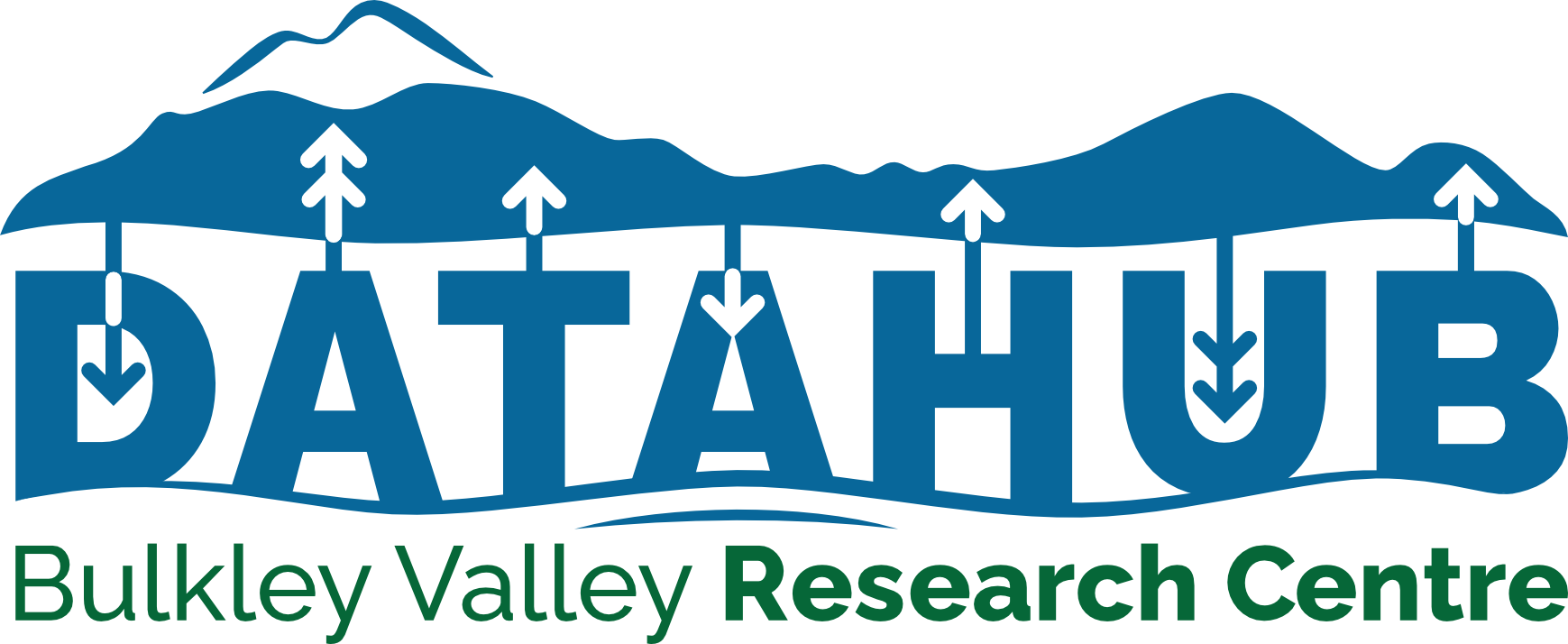Field Observations and Remote Sensing of Wildland Fuels: A Case Study

About this presentation
In 2018, the Alkali Lake wildfire destroyed structures, burned well over 100,000 hectares, and was still smouldering a year later. As the Alkali Lake fire begins the process of regrowth, it is important to document the types of “forest fuels” that are growing to better understand how the fire threat will return to the area over time. Current methodology is not accurate enough for fire behaviour forecasting and the overall understanding of how fire may behave in these new fuels. In this presentation, we analyse post-fire field observations collected in the affected area near Telegraph Creek, BC in conjunction with space-borne multispectral data obtained from the European Space Agency’s Sentinel-2 to increase our understanding of forest succession to inform prevention, preparedness, response and recovery.
About Bradley Martin
Brad began his Protection/BC Wildfire Service career in 1984 in Dease Lake and moved to Smithers in 1995. He has held a variety of positions over the years, including Initial Attack Crew Leader, Protection Assistant, Helicopter Spotter, Air Attack Officer, Fire Management Coordinator, Senior Wildfire Officer-Operations, and currently serves as the Senior Wildfire Officer-Prevention. Brad was also a sole proprietor of a small forestry company from 1995 to 2005 and has worked extensively in the forest industry as both a government and private worker.
About Ashlin Richardson
While completing his BSc and MSc in Mathematics and Statistics at the University of Victoria, Ashlin worked as a Physical Scientist with the Pacific Forestry Centre in forest remote sensing research. He has worked as a consultant in science, engineering, finance and health services industries, and is currently working with BC Wildfire Service as the Senior Data Scientist in the Predictive Services Unit to develop AI/sensing applications for increasingly proactive situational awareness.
ACCESS: Current BVRC members will receive a Zoom invite; non-members can email info@bvcentre.ca for the link.

